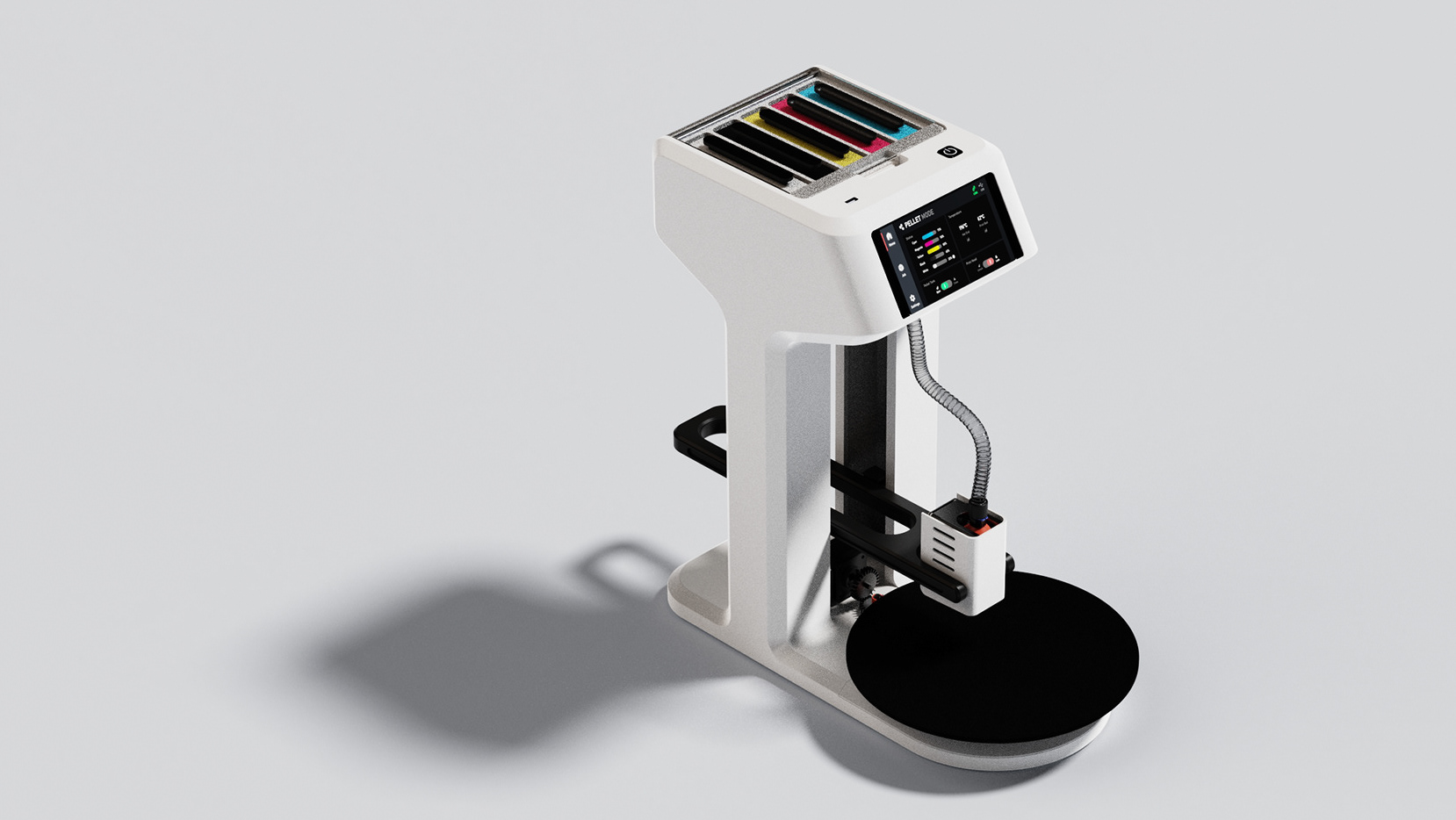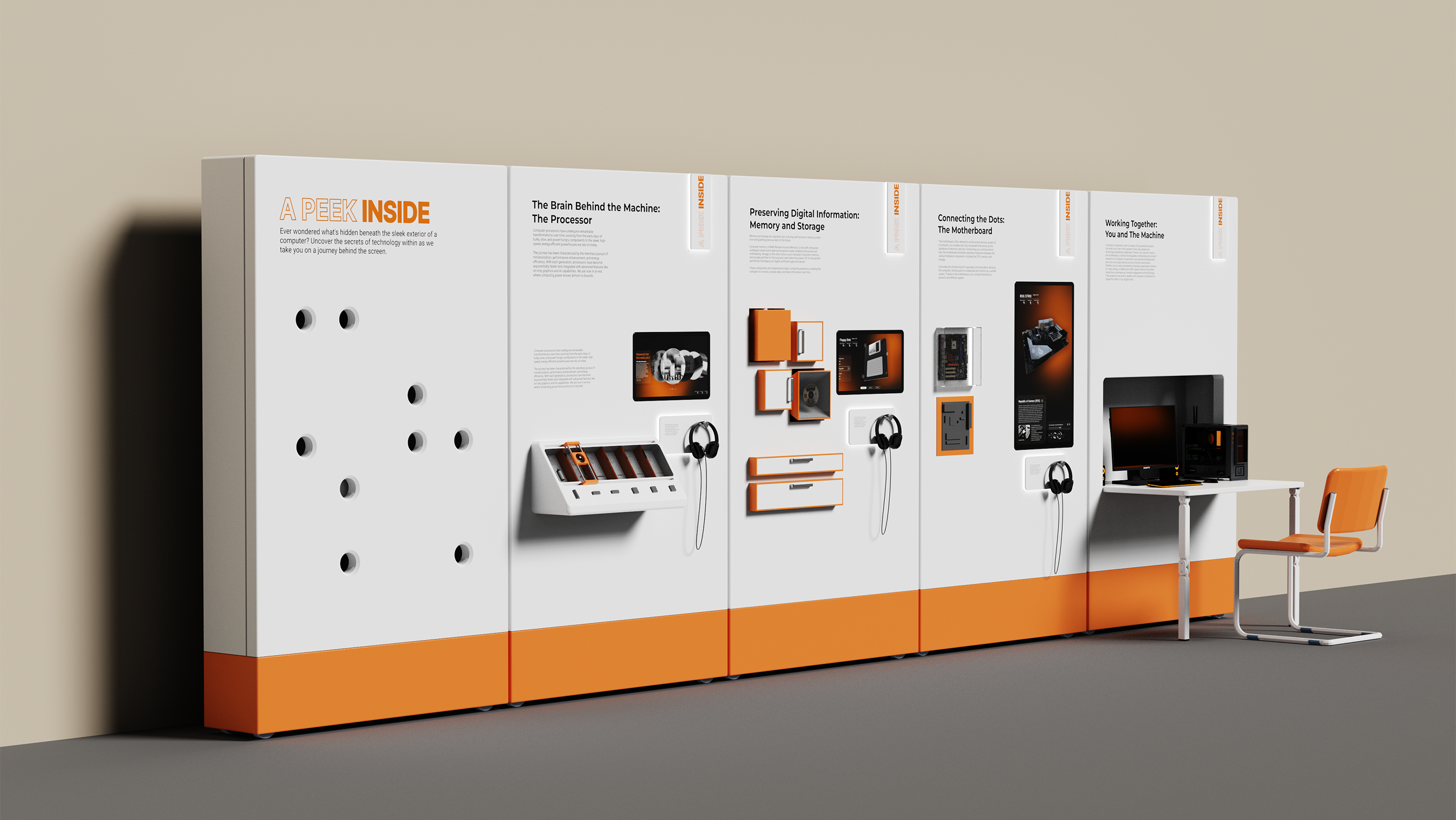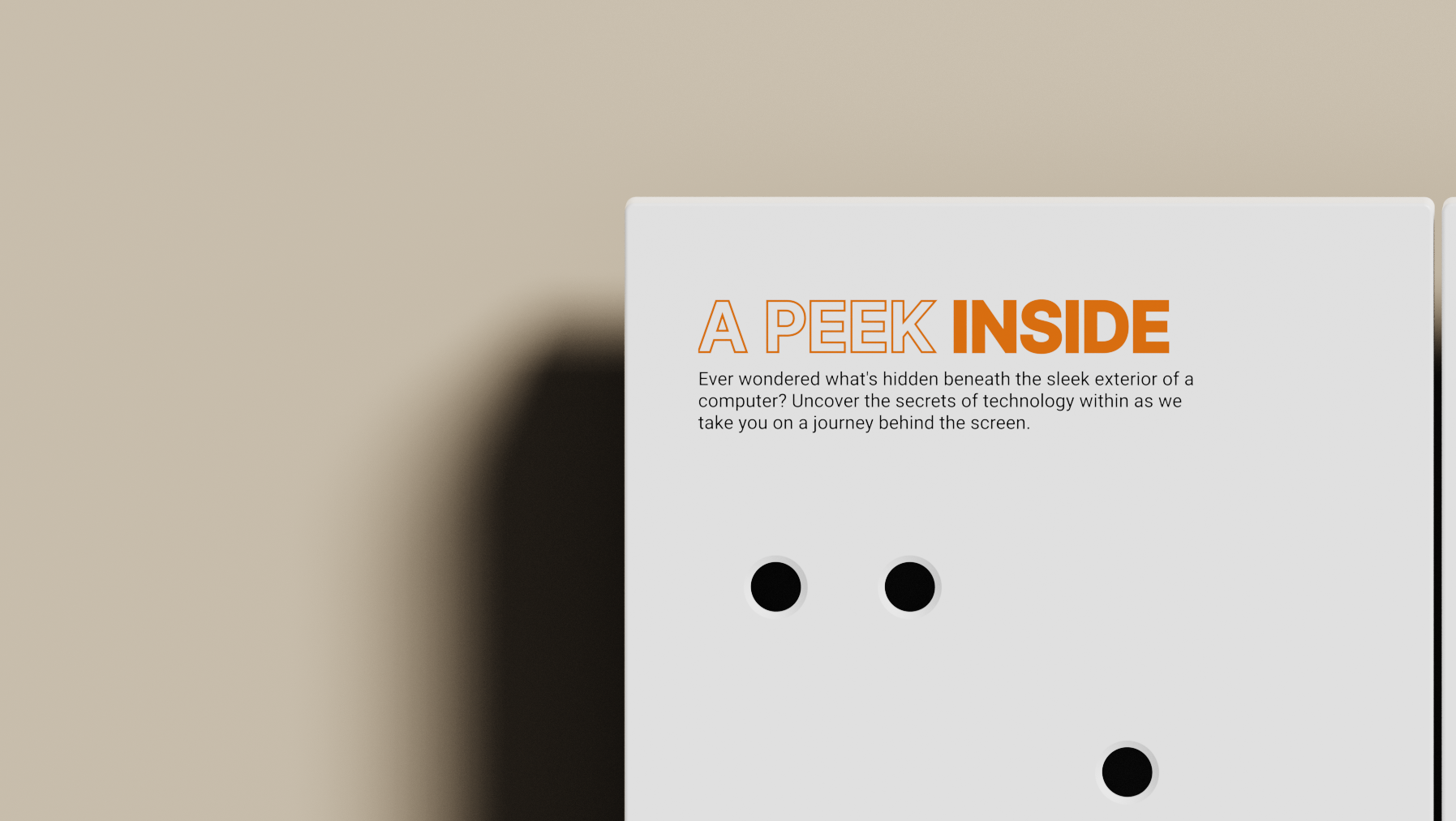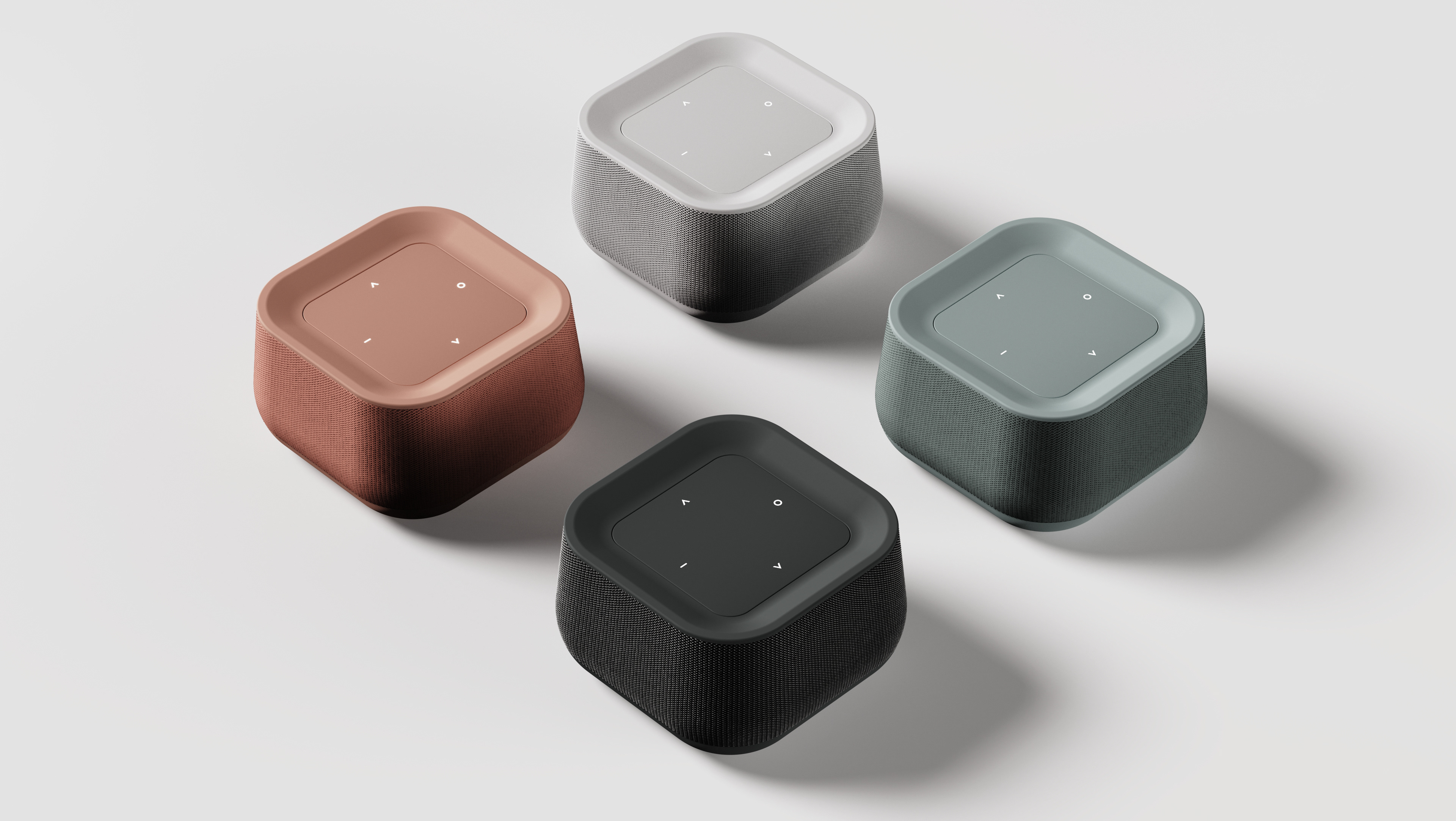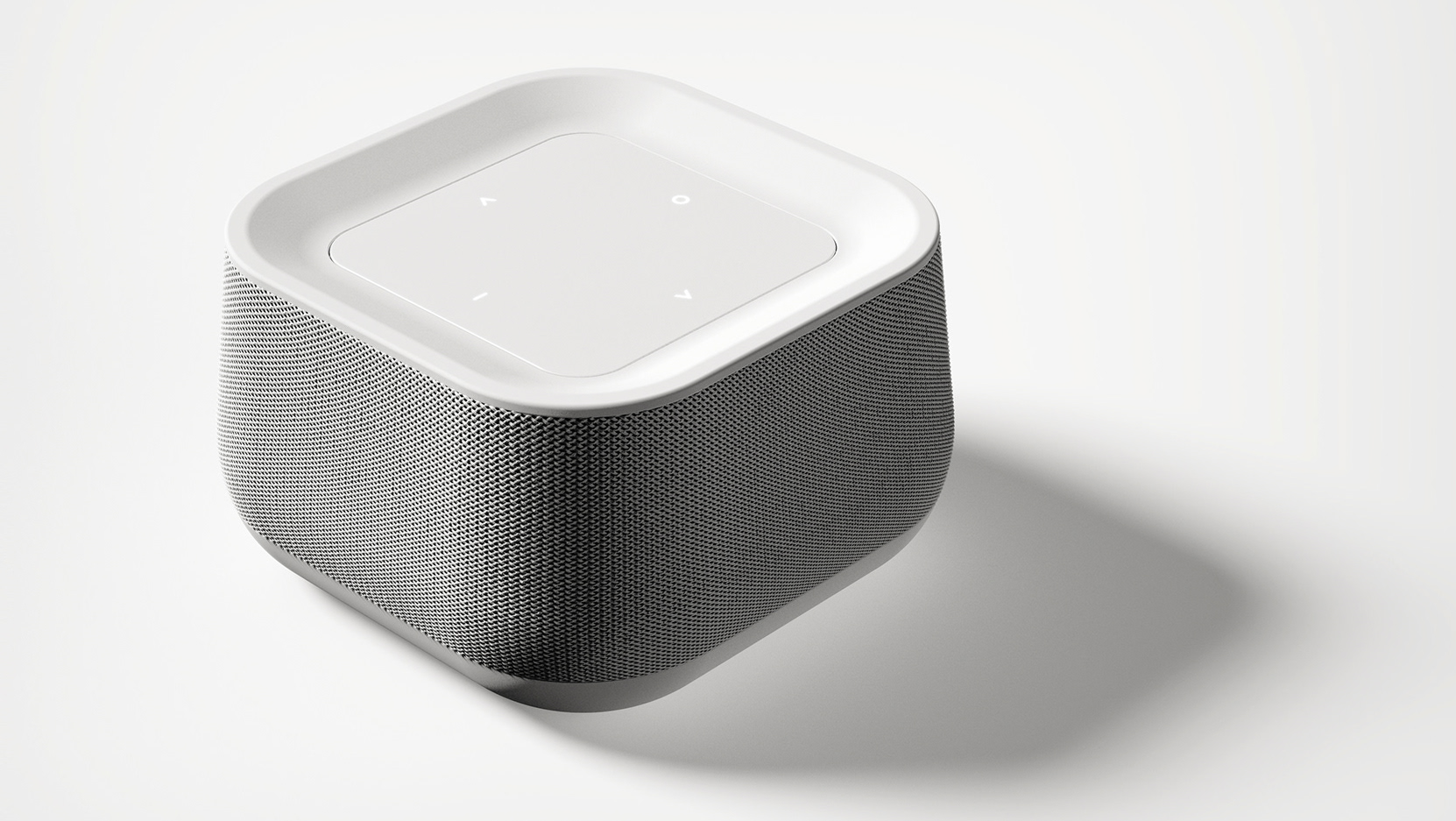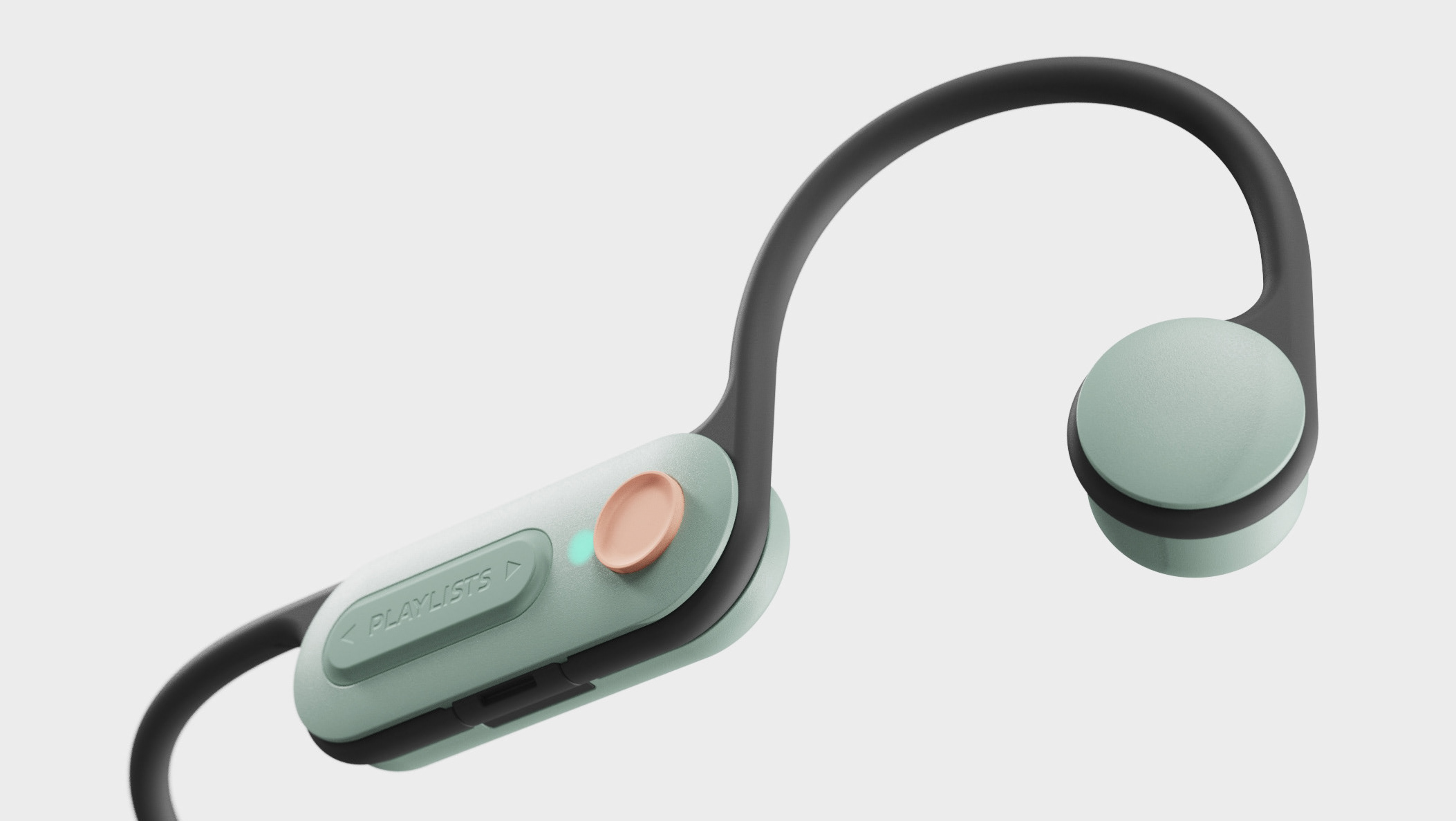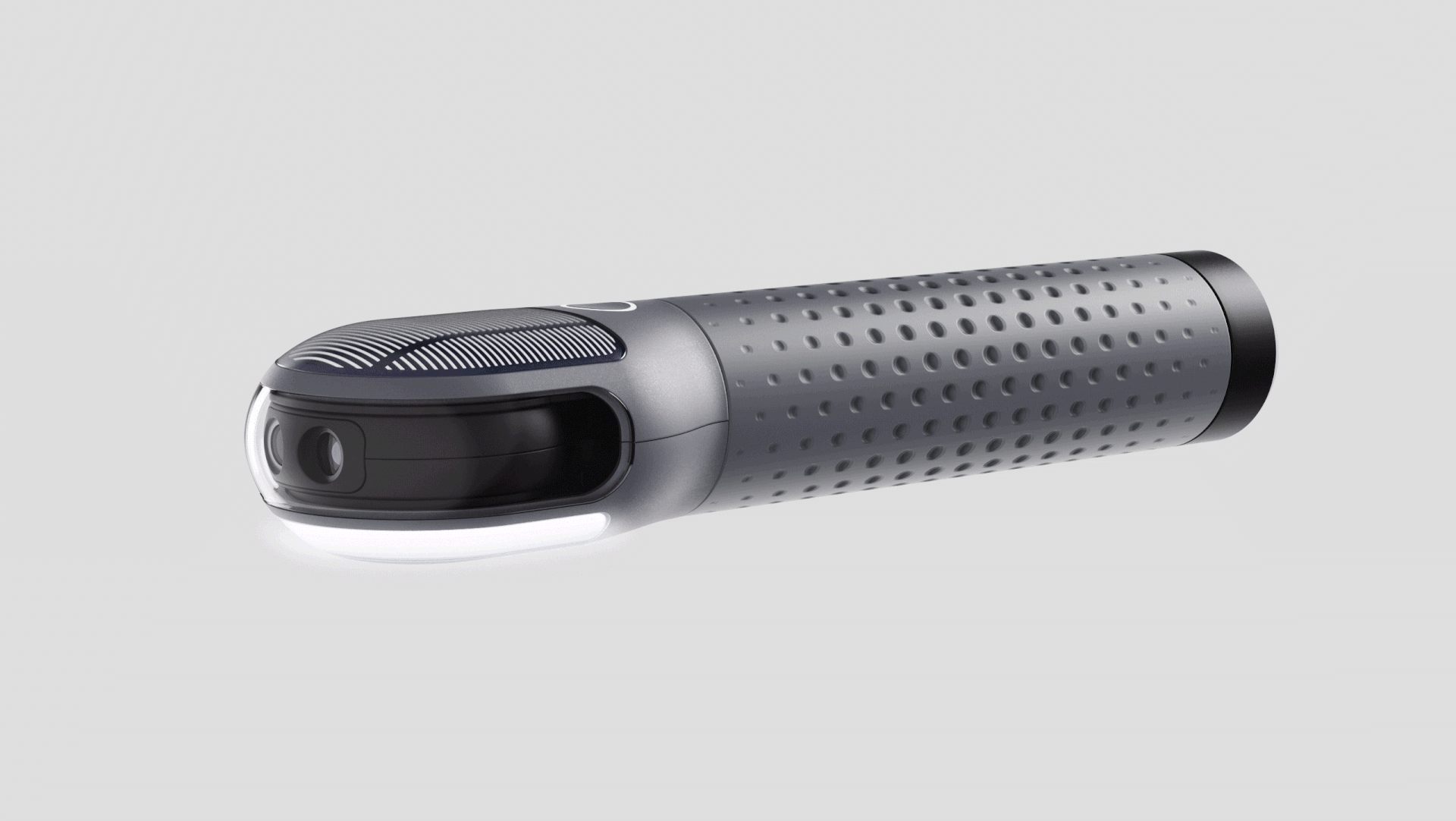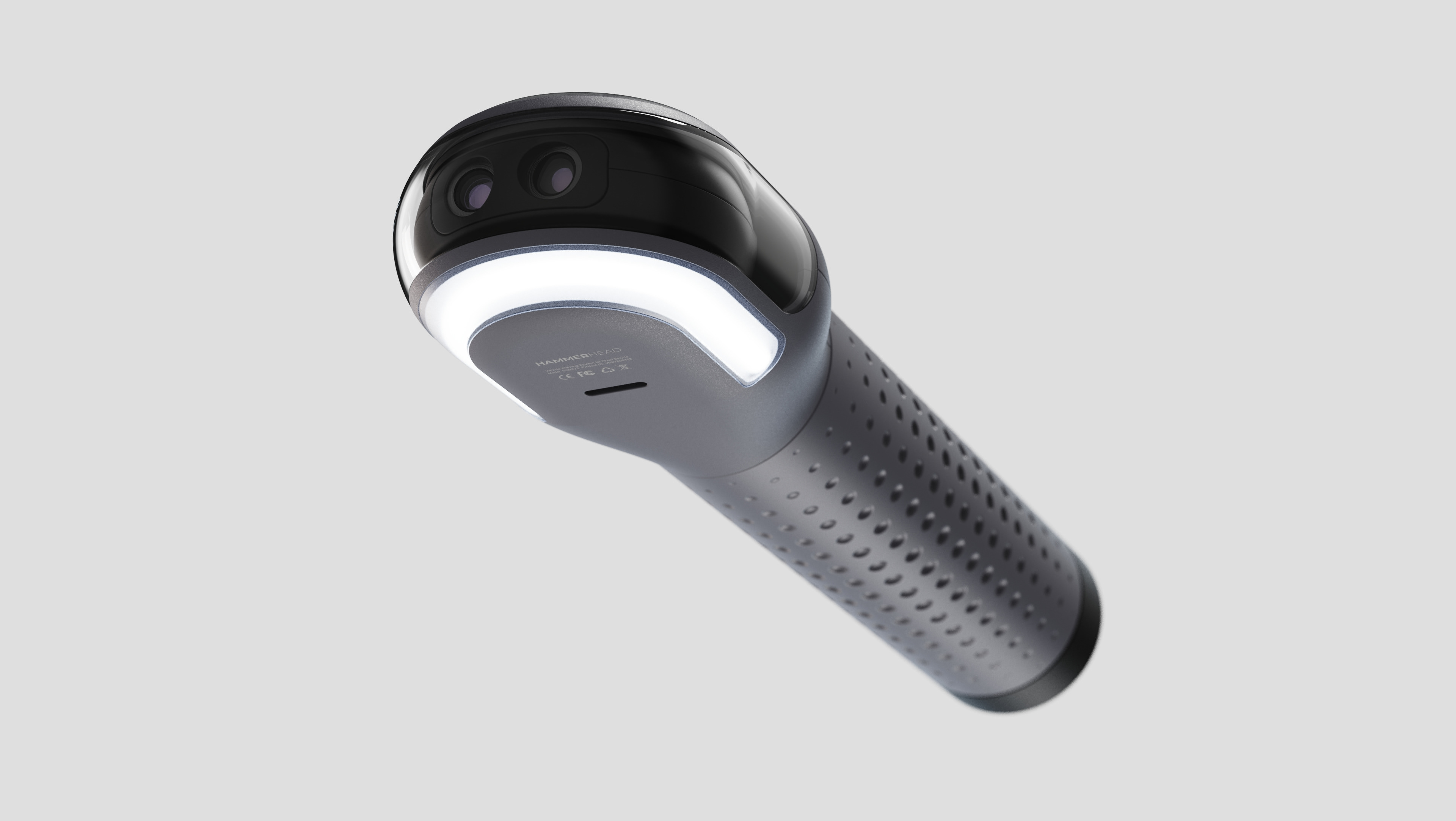Mingle
Assistive System for Cognitive Health
__
Mingle provides a flexible system to support individuals with Mild Cognitive Impairment (MCI) and their caregivers. It adapts to each user’s needs with customizable tools and services, offering personalized activities, digital aids, and exercises aimed at maintaining cognitive function and improving quality of life.
Type: Team Sponsored Project by Cognizant
Team: Long Dao, Viswak Raja, Jimmy Guo, Ivy Huang
Type: Figma, FigJam, Solidworks, Keyshot
Duration: 8 weeks
Category: Service Design, UX Design
Process
We developed Mingle by following a clear design process to support individuals with Mild Cognitive Impairment (MCI) and their caregivers. Through user research, problem definition, and iterative prototyping, we created a flexible and personalized solution that adapts to user needs at various stages of cognitive decline.
Understand the Problem
To truly address the problem, we first needed to understand it. In the Discover phase, we started by researching the disease, its current state, and the challenges faced by individuals with MCI and their caregivers. This initial exploration gave us valuable insights into the needs and pain points, setting the foundation for our design process.
Insight
Using insights from our primary and secondary research, we created an Affinity map. This process revealed key opportunity areas, especially related to lifestyle, attitudes, and emotions.
User Personas and Journey Mapping
To create an effective solution, it’s important to understand our users. By making user personas, we can highlight the needs and challenges of individuals with MCI and their caregivers. Along with a journey map, this will help us find key touchpoints and improve their overall experience.
Market Trends and Opportunity Analysis
To understand the current landscape, we need to look at trending research and products in the market. This will help us identify opportunities and gaps that can guide our design. By analyzing key players and innovative solutions, we can find ways to better meet the needs of individuals with MCI and their caregivers.
Design Criteria
Based on the information gathered, we established key design criteria for our solution. These criteria prioritize user needs, usability, and accessibility to better support individuals with MCI and their caregivers..
Design Phase
In the design phase of Mingle, we kick things off by brainstorming a variety of ideas to help people with Mild Cognitive Impairment (MCI) and their caregivers. We then evaluate these ideas based on how they would score against our design criteria. Finally, we pick the top concepts to develop into high-fidelity prototypes that are easy to use and perfectly suited to our users' needs.
Mingle
In the deliver phase, after evaluating our concepts, we focus on developing the best ideas into a final solution—Mingle, a multi-modal support system for individuals with Mild Cognitive Impairment (MCI) and their caregivers.
Mingle Camera
The Mingle Camera enhances task tracking for individuals with Mild Cognitive Impairment (MCI) by providing visual reminders of tasks. Users confirm completion by taking a picture of the finished activity. The camera presents one task at a time for clarity and focus, automatically updating caregivers on the user’s progress, promoting independence while keeping caregivers informed.
Mingle Mobile App
The Mingle App complements the camera by displaying the pictures taken, allowing users to review completed tasks. It also connects to external services like Duolingo, helping MCI patients learn new skills and stay engaged, while keeping caregivers informed.
Journey Map
Business Model Canvas
Next Steps
More User Testing: Conduct further user testing to gather feedback from individuals with Mild Cognitive Impairment (MCI) and their caregivers, identifying areas for improvement.
Designing Activities for Better Evaluation: Create engaging activities that can be integrated into Mingle to facilitate better evaluation of user progress and enhance overall experience.
Spreading Awareness of Early Detection: Initiate campaigns to raise awareness about Mild Cognitive Impairment (MCI) and the importance of early detection through educational workshops and partnerships with healthcare professionals.
Understanding AI Models on Localized User Data: Research the development of AI models that use localized user data while ensuring data privacy and tailoring solutions to users’ unique needs.



